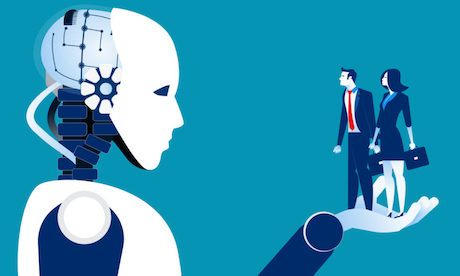Henry Kissinger, ‘historian and occasional practising statesman,’ has flagged concerns about the effect digital technology is having on humanity.
He says “for all its achievements, it runs the risk of turning on itself as its impositions overwhelm its conveniences.
“Beyond factual questions (“What is the temperature outside?”), questions about the nature of reality or the meaning of life raise deeper issues,” he says.
Kissinger, writing in The Atlantic, said he was on the verge of skipping a session on artificial intelligence when he was attending a conference on transatlantic issues, “but the beginning of the presentation held me in my seat.
“The speaker described the workings of a computer programme that would soon challenge international champions in the game Go.”
Go is a game which is more complex than chess.
The speaker explained that the machine learned to master Go by training itself through practice.
“In the process, it exceeded the skills of its human mentors.”
The fact that artificial intelligence could become our teacher disturbs Kissinger.
But “Do we want children to learn values through discourse with untethered algorithms?” he asks.
“Should we protect privacy by restricting artificial intelligence’s learning about its questioners? If so, how do we accomplish these goals?”
Kissinger says the flood of information and the opinions of multitudes provided by social media are also diverting people from introspection.
“In truth, many technophiles use the internet to avoid the solitude they dread.
“All of these pressures weaken the fortitude required to develop and sustain convictions that can be implemented only by travelling a lonely road, which is the essence of creativity,” he says.
Kissinger believes the emphasis on speed inhibits reflection and empowers the radical over the thoughtful.
Its values are shaped by subgroup consensus, not by introspection.
These are some of the other questions he poses:
- How is consciousness to be defined in a world of machines that reduce human experience to mathematical data, interpreted by their own memories?
- Who is responsible for the actions of AI?
- How should liability be determined for their mistakes?
- Can a legal system designed by humans keep pace with activities produced by an artificial intelligence capable of outthinking and potentially outmaneuvering them?
Source
Additional reading



